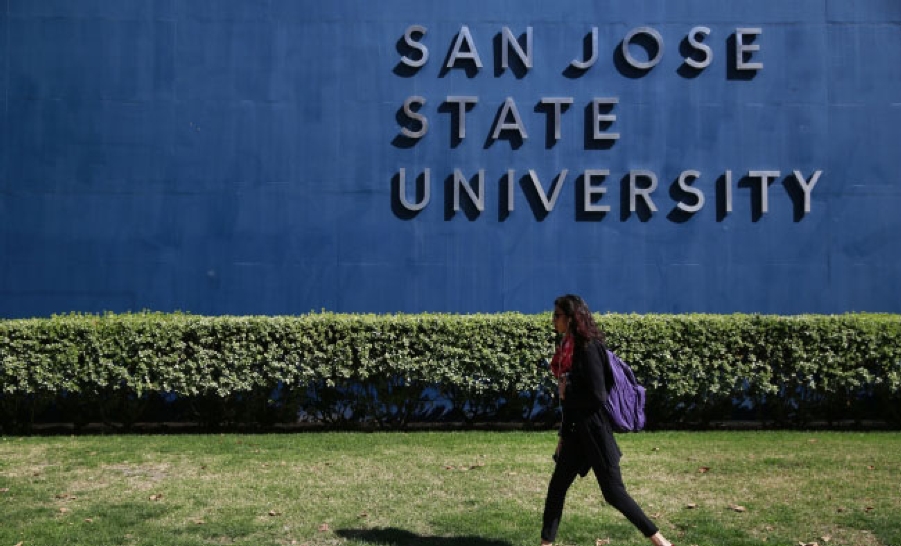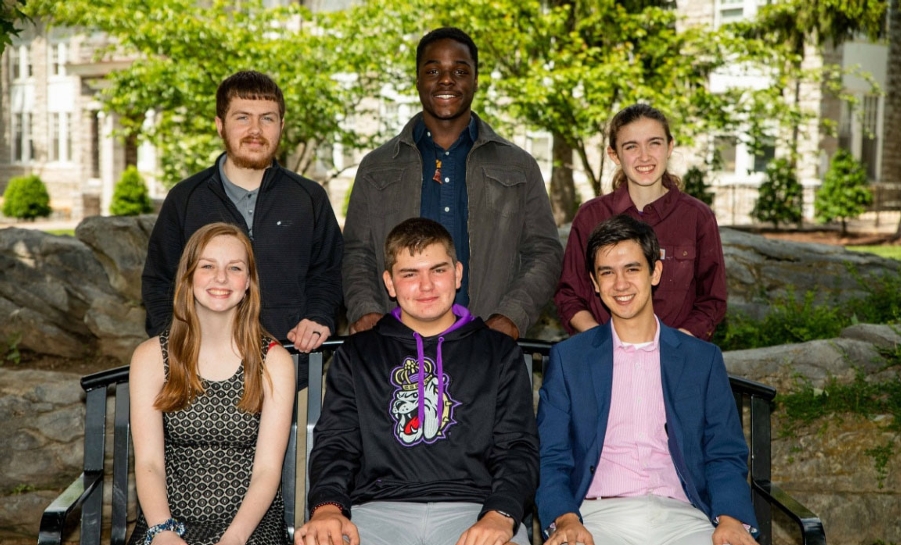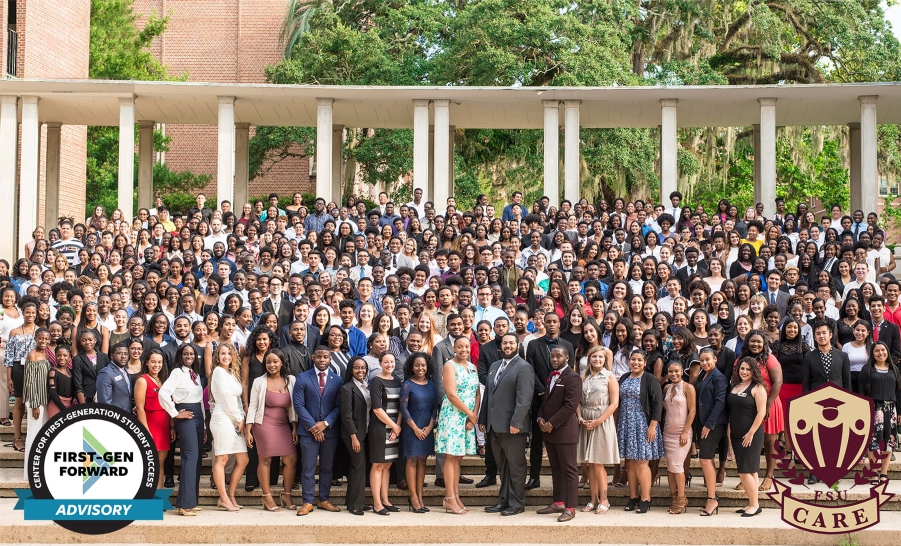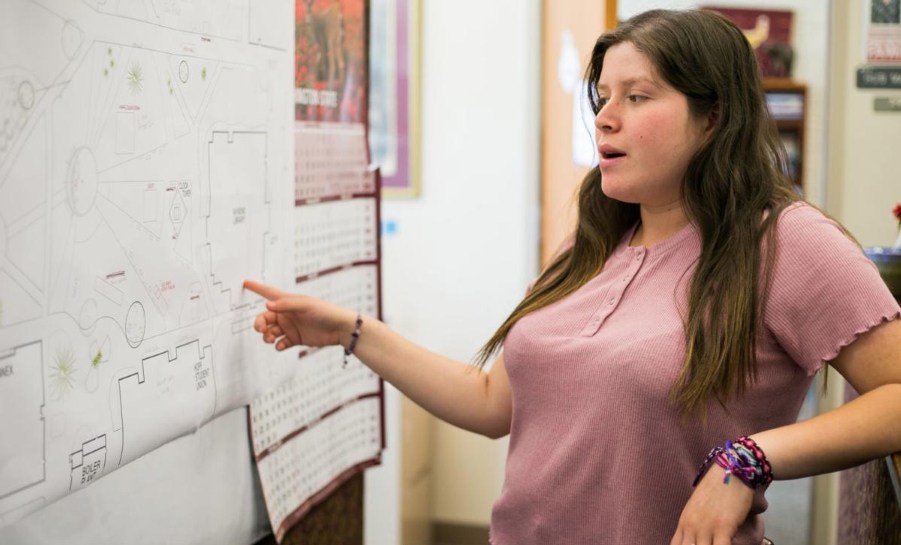First-generation Pathways in the Liberal Arts
Neil Jamerson, J.D. & Michelle Horhota, Ph.D., / FirstGen Forward / February 04, 2020
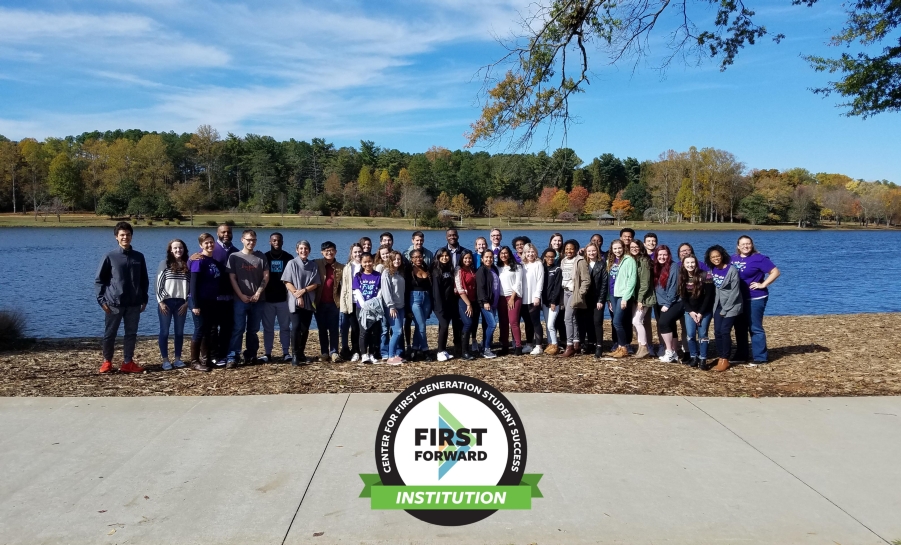
Furman University—a 2700 student liberal arts institution in Greenville, South Carolina—has a history of supporting programs that prepare low-income, highly-qualified high school students to attend the college of their choosing. In 1997, Furman partnered with Bridges to a Brighter Future to serve cohorts of Greenville County students from ninth grade through their first-year of college. More recently, the University turned the spotlight toward the experiences of its own first-generation students.
On-campus initiatives grew out of the passion of first-generation faculty and staff who began asking questions like: how many students at Furman are the first in their immediate family to attend college (currently 302), what are their graduation rates (71% for the class of 2018 as compared to the total class rate of 89%), and why are the leaving? Our institutional data suggest attrition is attributable to financial aid gaps and institutional affinity.
We are addressing financial challenges through changes in systems.
We are addressing financial challenges through changes in systems. When we heard from faculty that some students could not afford their books we started advertising that textbooks could be charged to a student account until loan/scholarship money was deposited. A financial concerns flag was added to our early alert system so that faculty and staff can raise a concern if they learn a student is struggling financially. As concerns are raised, Financial Aid, Student Life, and our case managers route students to appropriate places of support. We also have increased the number of financial scholarships available to support students’ participation in high-impact practices, e.g. study away, and have created housing scholarships to support students participating in on-campus courses during our three-week May Experience term.
We approached affinity programmatically. On the first Friday of every month, faculty and staff wear shirts identifying themselves as first-gen or first-gen allies. We host a celebratory lunch on move-in day dedicated to first-generation students and families to mirror our longstanding move-in day luncheon for legacy students. New Year’s cards are sent to first-generation students and families from our Provost and our Vice President for Student Life (who are both first-gen!) congratulating them on a successful first-semester. First-gen graduates receive a graduation cord with a first-gen pendant. And this spring, we are launching the First-Generation Student Alliance, a student organization developed by students who expressed interest at our national celebration lunch on November 8.
A key element of our success in starting and sustaining these initiatives has been a sense of shared responsibility and joint leadership between Academic Affairs and Student Life. This partnership has allowed for more holistic problem-solving, grounded in institutional data, and ensures that messaging to faculty and staff is consistent across both divisions. While it may be too early to determine the impact of these initiatives on student retention, these efforts have promoted awareness among our faculty and staff who now better understand how various campus roles intersect with their own role to support our first-generation students and for this, we are truly proud!
To learn more about Furman University's equity and inclusion initiatives click here.


